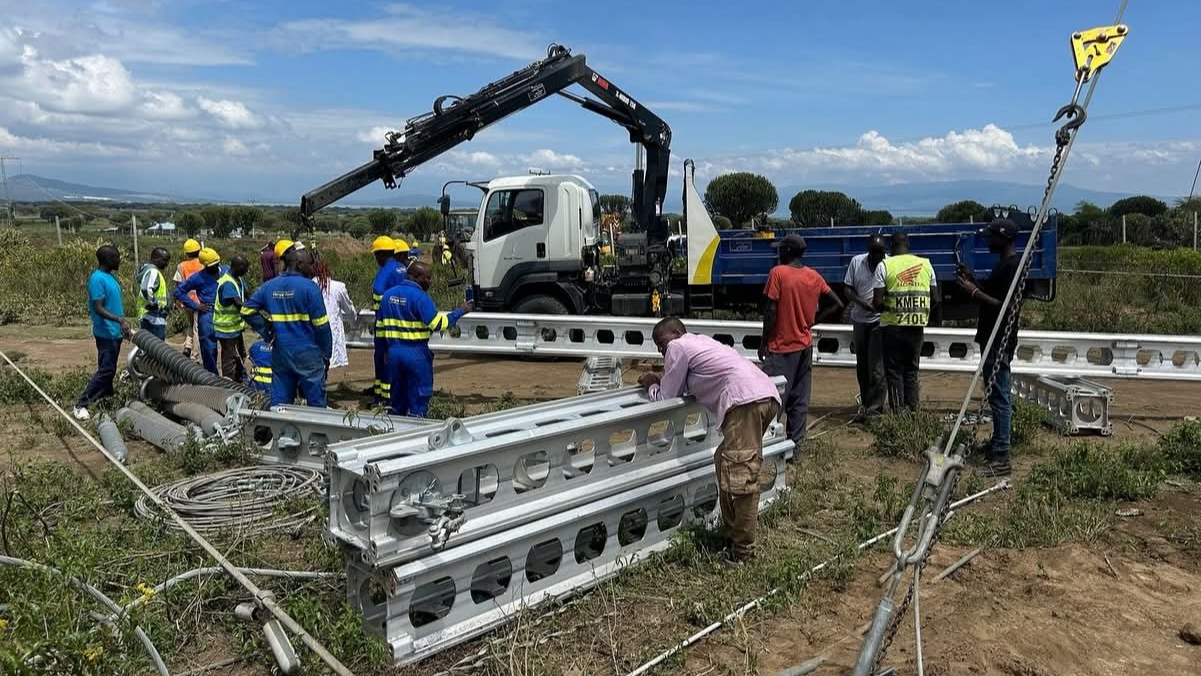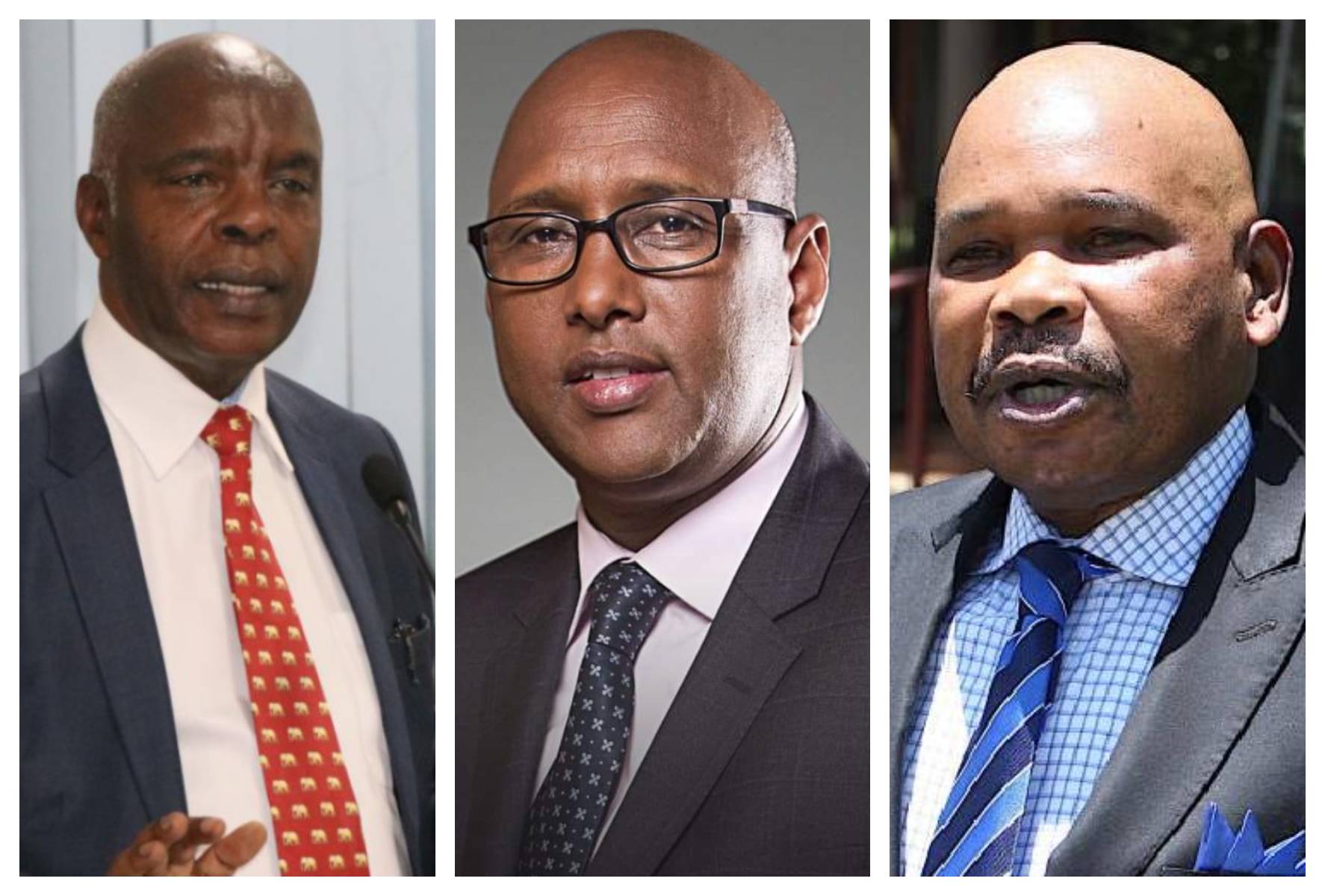Former Chief Justice and 2027 presidential aspirant David Maraga has issued a stern warning to the government over the recently passed Privatization Bill 2025, terming it a ‘sinister economic cold war’ against Kenyans.
In a statement released on Monday, October 13, Maraga outlined several non-negotiable demands that must be met before the privatization process proceeds.
The former Chief Justice rejected the bill's presentation as a minor administrative measure, arguing that it represents a major structural shift that will determine who controls strategic public assets and how they are valued.
"We must reject its presentation as a minor housekeeping measure. It is a structural shift that will determine who controls strategic public assets, how they are valued, and who benefits from future cash flows. The Constitution requires transparency and public participation in decisions that affect the public. Those standards are non-negotiable," he said.
Maraga demanded the publication of complete lists of all entities targeted for conversion or sale, including independent valuations, debt profiles, and workforce impact assessments.
Read More
"We must insist on full, published lists of all entities targeted for conversion or sale, complete with independent valuations, debt profiles, and workforce impact assessments. There must be open public hearings in every affected region, with written records and published responses to submissions," he stated.
He further called for clear conflict-of-interest rules, including full disclosure of beneficial owners for any bidder or adviser, emphasizing that the privatization process must be competitive with open tendering and audited information packs.
"Conflict-of-interest rules should be clear, including full disclosure of beneficial owners for any bidder or adviser. The privatisation process must be competitive, with open tendering, audited information packs, and publication of all post-award contracts," Maraga said.
The former Chief Justice also insisted that Parliament and the Auditor-General must maintain oversight through detailed performance audits, with clawback clauses for any underperformance or breach.
On critical national infrastructure, Maraga demanded that any transaction be subject to citizen oversight through defined parliamentary thresholds or, where necessary, a referendum mechanism consistent with the law.
Maraga emphasized that privatization is not progress if the government is afraid of following due process, stating that no Kenyan job, public interest, or national patrimony should be risked without proof of value for citizens.
"I state this plainly: Kenya's assets belong to the people. The process must meet the highest standards of legality, transparency, and accountability. The story of our assets belongs to the public, not to boardrooms."
This comes after the National Assembly passed the Privatization Bill on Wednesday, October 9.
The bill seeks to repeal and re-enact the regulatory framework for privatizing public entities, with the goal of improving their efficiency.
The bill provides for the coordination and oversight of privatization matters, including the establishment of a Privatization Authority that will implement the privatization program.
It also outlines privatization methods, eligibility to participate, and the development of privatization proposals, which must include stakeholder engagement.
The bill mandates that the privatization program must be developed through public consultations and ratified by Parliament before implementation, with a validity period not exceeding eight years from the date of gazettement.
The legislation now awaits President William Ruto's assent to become law.







